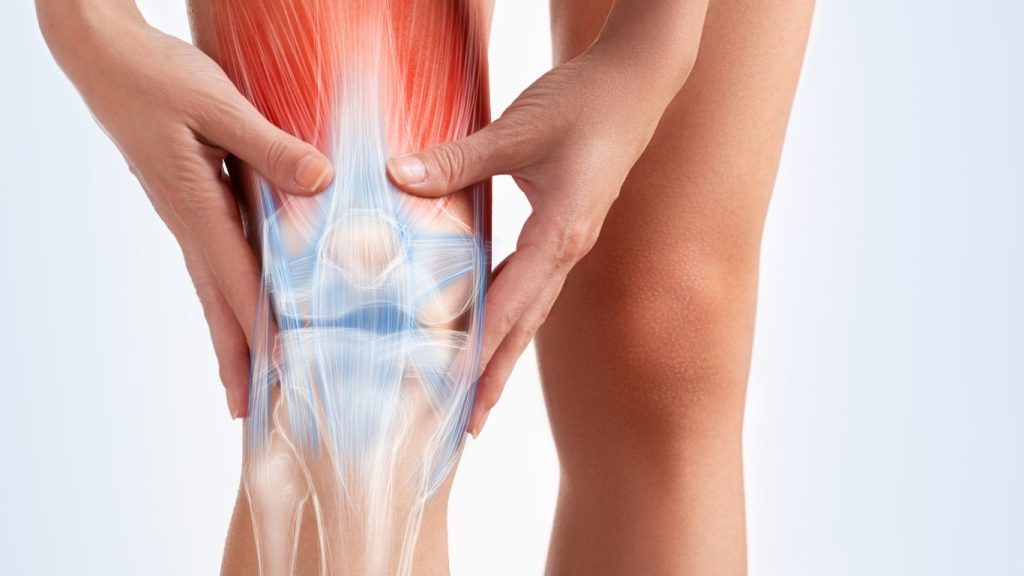Knee Arthritis
Home / Knee Arthritis

Knee Arthritis Treatment by Dr. Shekhar Srivastav – Expert Orthopedic Surgeon in Delhi
Dr. Shekhar Srivastav, a leading orthopedic surgeon in Delhi, specializes in the diagnosis and treatment of knee arthritis, helping patients regain mobility and live pain-free. With extensive experience in non-surgical and surgical treatments, Dr. Srivastav provides personalized care for managing arthritis effectively.
What is Knee Arthritis?
Knee arthritis is a degenerative joint condition that causes pain, stiffness, and swelling due to the gradual breakdown of cartilage. It commonly affects older adults but can also occur due to injuries, genetics, or lifestyle factors.
Types of Knee Arthritis
- Osteoarthritis (OA) : The most common form, caused by wear and tear of the cartilage over time.
- Rheumatoid Arthritis (RA) : An autoimmune condition that leads to joint inflammation and damage.
- Post-Traumatic Arthritis : Develops after a knee injury, such as fractures or ligament damage.
Symptoms of Knee Arthritis
- Persistent knee pain and stiffness
- Swelling and tenderness in the joint
- Difficulty in walking or climbing stairs
- Cracking or grinding sensation in the knee
- Reduced range of motion
If knee arthritis is affecting your daily life, consult Dr. Shekhar Srivastav in Delhi for expert care and regain pain-free mobility!
FAQ On Knee Arthritis
- Non-Surgical: Medications, lifestyle changes, physiotherapy, knee braces, and joint injections (PRP, hyaluronic acid).
- Surgical: Arthroscopic procedures or knee replacement for severe cases.


